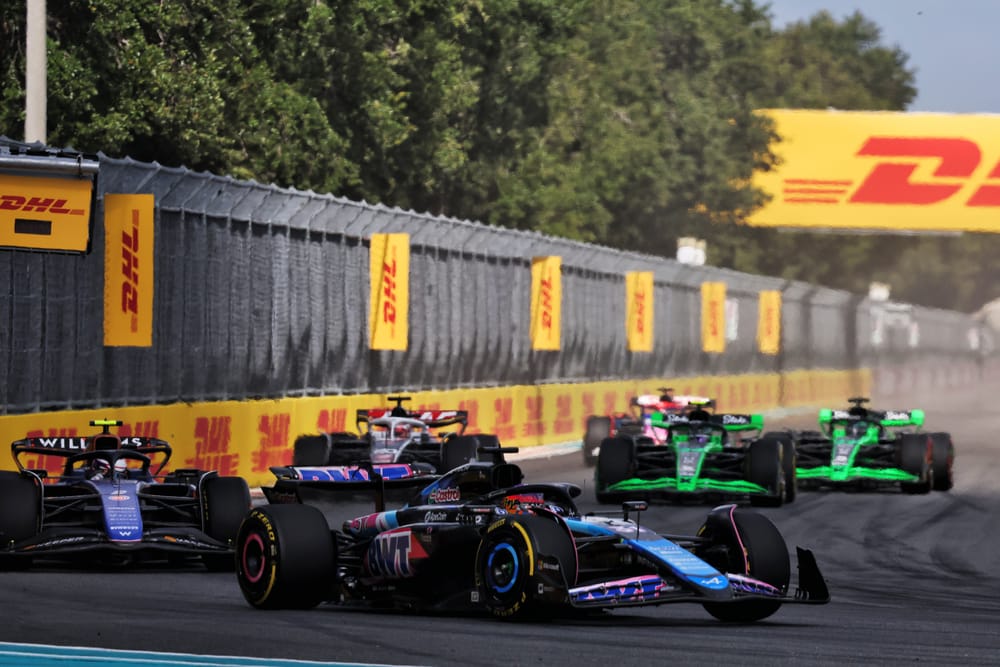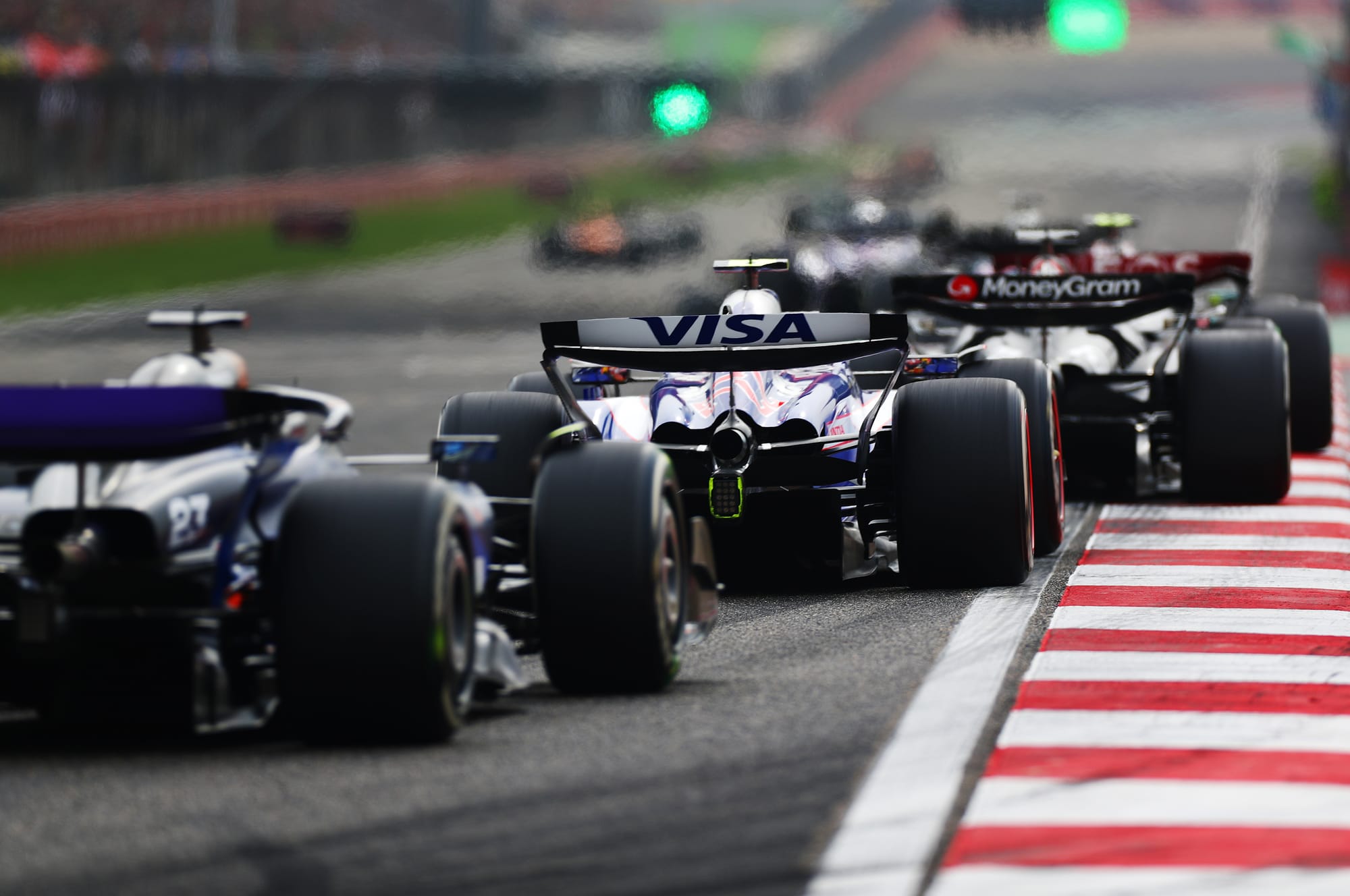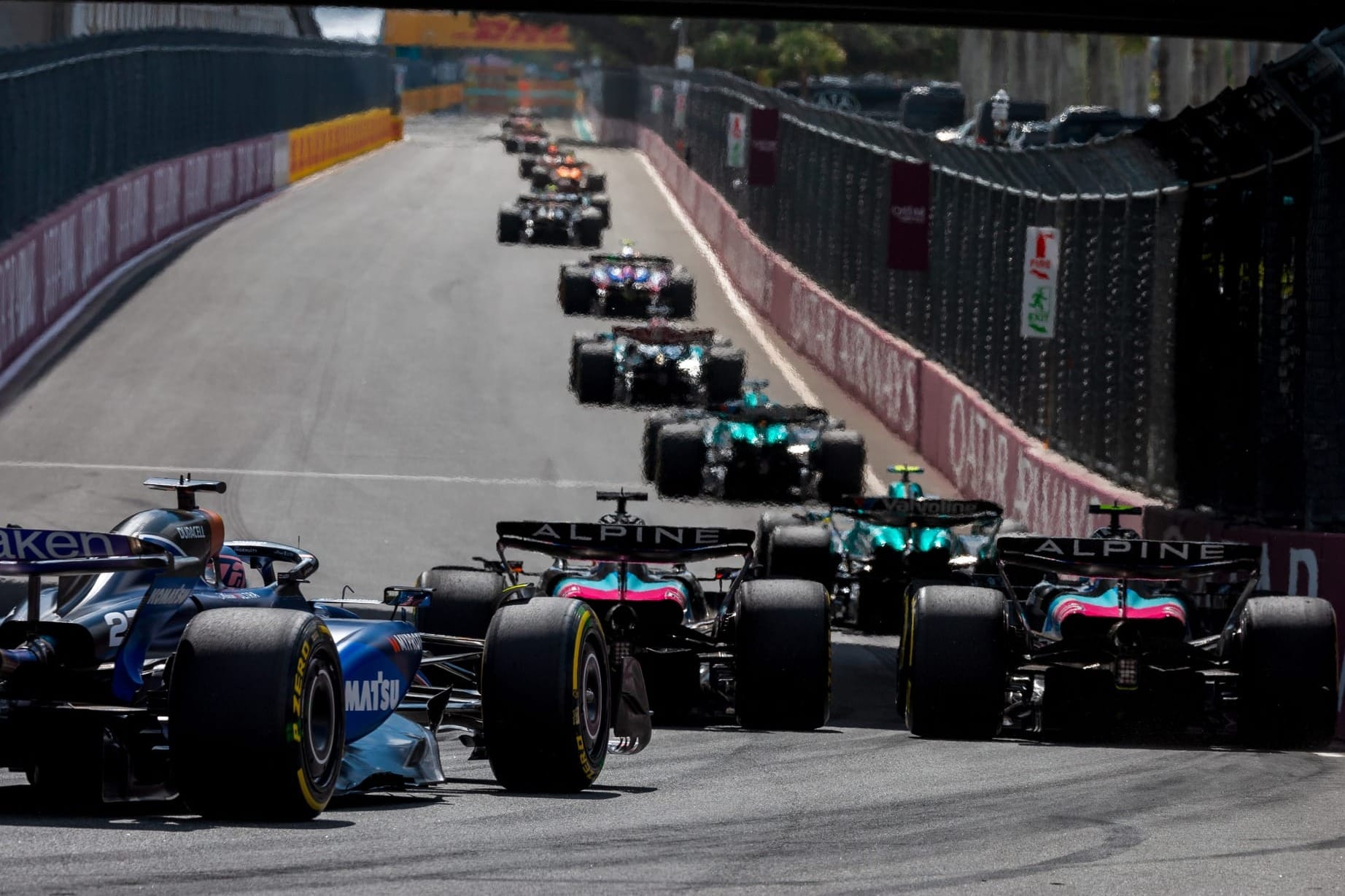Up Next

Formula 1 stakeholders need to consider whether a more radical points system overhaul like awarding points to all finishers is the best long-term solution before committing to a rule change.
The most recent meeting of the F1 Commission included a discussion of a proposal to change how championship points are distributed.
F1 has used a 25-18-15-12-10-8-6-4-2-1 system for the top 10 finishers since 2010.
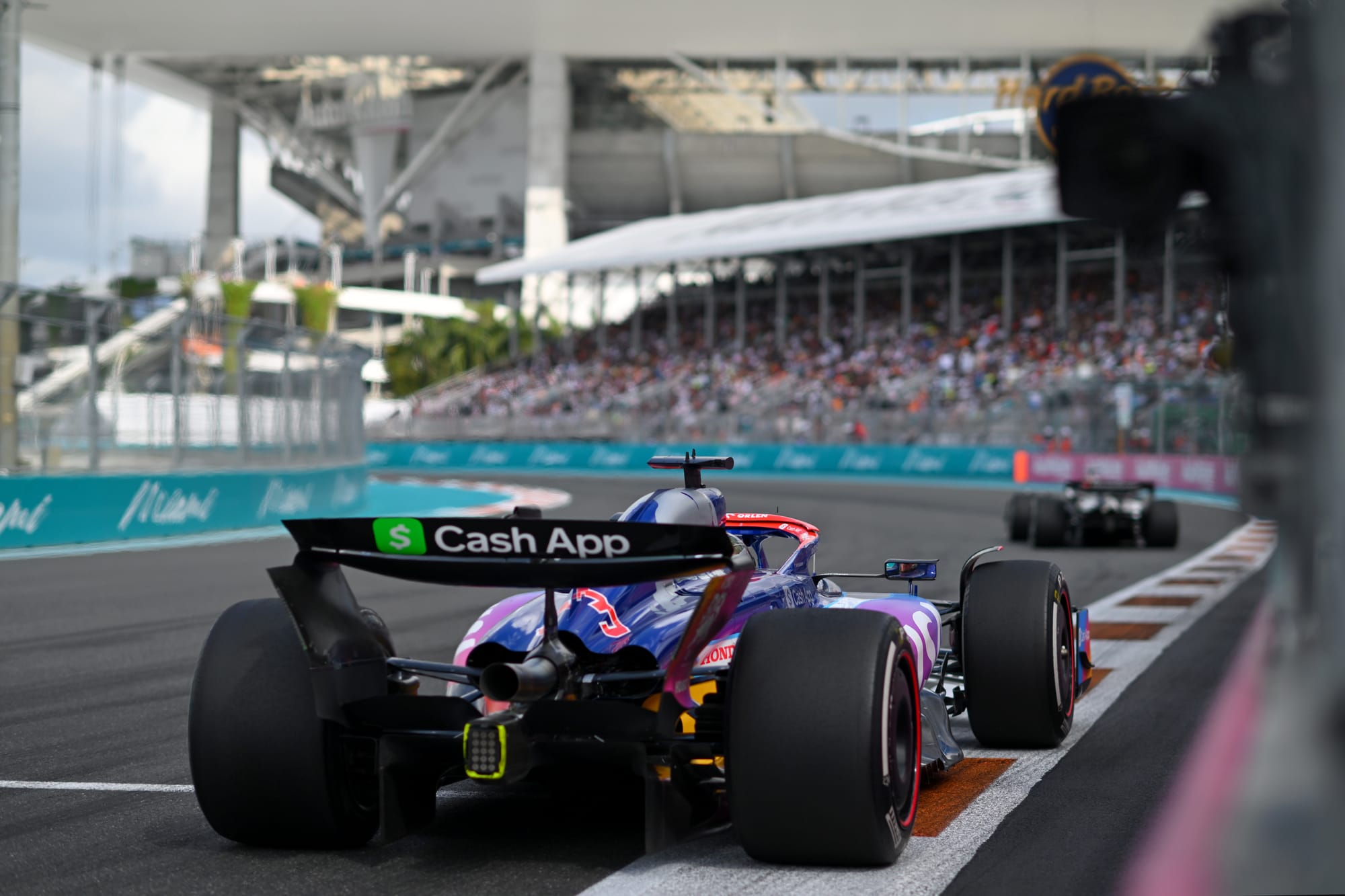
A proposal was made to extend that to the top 12, by keeping the points for the top seven the same then awarding points from 8th to 12th on a 6-5-4-3-2-1 scale.
The argument is that it would better reward midfield teams now that reliability is so good and the grid’s strength in depth is better.
While an update from the F1 Commission said that “further analysis of proposed changes was required”, The Race understands that the notion of awarding points to more cars gained broad support.
What is not completely clear is whether extending to the top 12 is the answer or something more extreme is better.
This could even be to award points to all cars/finishers - which has at least been tentatively suggested, as it would then make every position count.
“That would obviously be quite an overhaul,” McLaren Racing CEO Zak Brown said.
“But I think as soon as points come into play, it makes every pass that much more important.
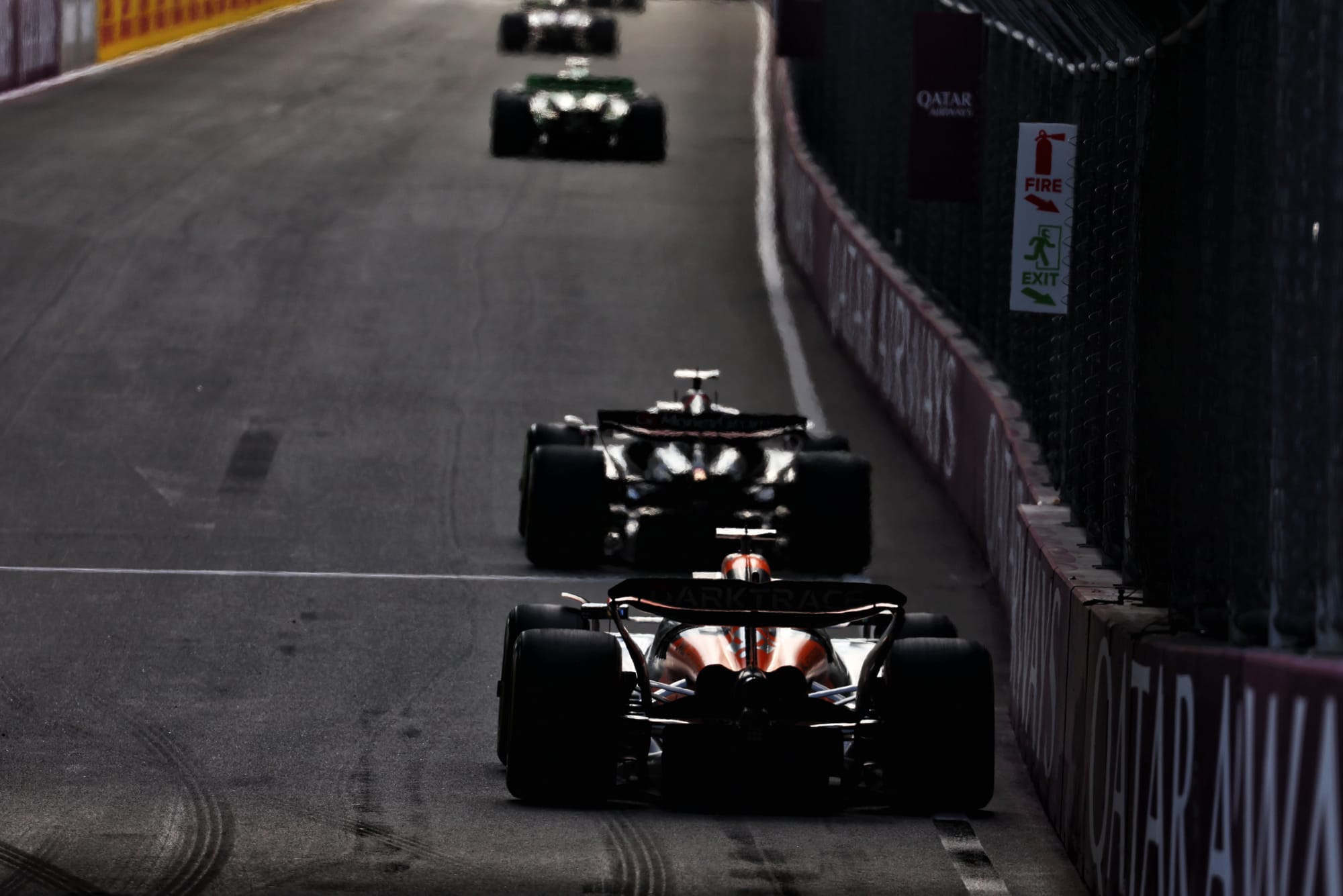
“Sometimes cars will pull in, save some stuff on their car, because they're out of the points. That would eliminate that. If a quicker car gets shuffled to the back, every pass counts.
“So, I think there's an argument you could make for the entire grid. Certainly, no less than 12.”
The Race understands that F1 itself is open to changing the points system, even though there is a concern about unnecessarily devaluing the achievement of scoring a point, but does not want to then have to revisit the topic again anytime soon.
Essentially, the proposal to be presented to the Commission in July needs to be a fixed solution that F1 can depend on longer-term. This means properly understanding not just the arguments for or against the different points distributions, but also the knock-on effects.
For example, while the proposal for points for the top 12 doesn’t change anything for the leading finishers, awarding points for the top 15 or all finishers would require tweaking the entire points range.
Either F1 would still award 25 points for a win and then the gaps between the leading positions shrink, or the number of points for a win would need to increase.
In the event of a points system change for the grand prix itself, the sprint format with points for the top eight finishers would remain the same.
It makes sense for this to be afforded more thought - especially if a more radical proposal crystallises - given F1 has previously fallen victim to unintended consequences when rule changes are pushed through without due consideration.
It would also be a bad look if a points system change was green-lit and needed to be reconsidered in two years’ time.
Aston Martin team boss Mike Krack pointed out that any change should not be circumstance-specific - the argument being that what the current competitive situation demands may not apply next year or beyond - which is also sensible.
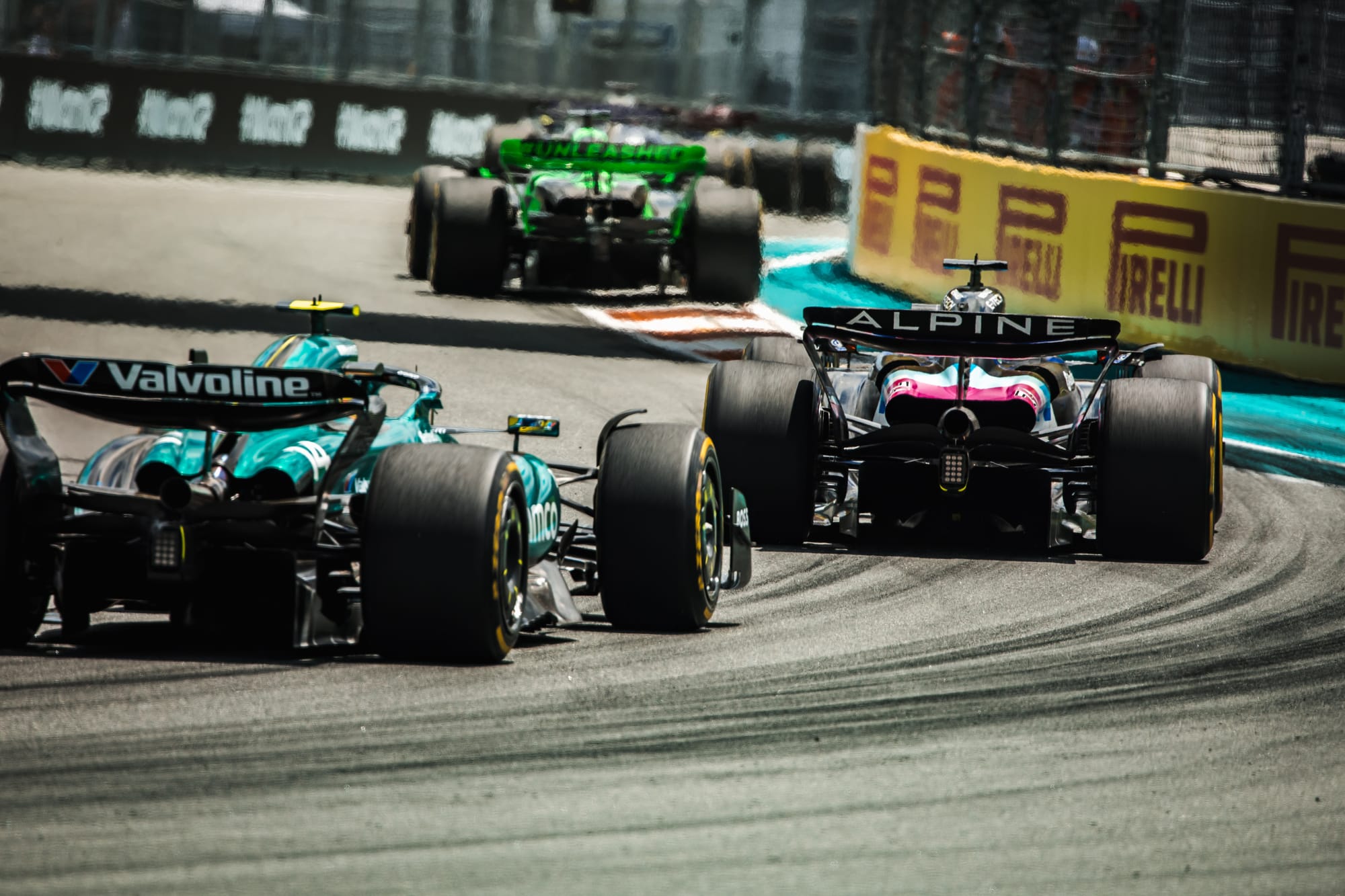
Any change needs to be agreed because it is objectively better and fairer, not because it bails out some teams that are just not doing as well as others. Especially as F1’s cost-cap era evolves and, theoretically, teams become ever more equal.
But changing the points system on the grounds of making each position more valuable and for fans to care about battles throughout the order are arguments that stand up regardless of F1’s competitive picture.
Awarding points for all finishers would tick those boxes, but that also becomes a more complicated proposal to flesh out than simply extending it to the top 12 - hence an impasse for now, despite the idea in principle having no real opposition.

